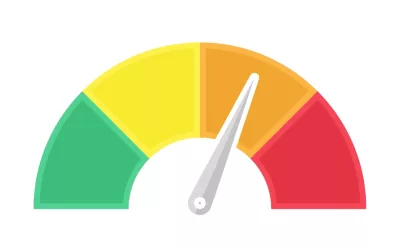Buying an older home can be a dream come true for many homeowners. The charm and character of an older home can be hard to resist. However, it’s important to weigh the pros and cons before making a decision. Here are the top 5 pros and top 5 cons of buying an older home.
Pros:
1. Character: Older homes often have unique architectural details that give them a one-of-a-kind look and feel.
2. Established neighborhoods: Older homes are often located in established neighborhoods with mature trees and landscaping.
3. History: Older homes have a unique history that can be fascinating to learn about and explore.
4. Craftsmanship: Older homes were often built with high-quality materials and craftsmanship that you may not find in newer homes.
5. Price: Older homes are often more affordable than newer homes, making them a great option for first-time homebuyers or those looking to save money.
Cons:
1. Maintenance: Older homes may require more maintenance and repairs due to their age and wear and tear.
2. Energy inefficiency: Older homes may not be as energy efficient as newer homes, which can lead to higher utility bills.
3. Outdated technology: Older homes may not have the latest technology or amenities, such as smart home technology, modern wiring, or energy-efficient appliances.
4. Structural issues: Older homes may have structural issues such as foundation problems, sagging roofs, or rotting wood that can be expensive to repair.
5. Limited storage: Older homes may have limited storage space, smaller closets, and fewer bedrooms and bathrooms than newer homes.
In conclusion, buying an older home can be a great option for those looking for a unique and charming home with a rich history. However, it’s important to weigh the pros and cons before making a decision. If you’re considering buying an older home, be sure to have a thorough inspection done and factor in potential maintenance and repair costs when making your decision.
What are my mortgage down payment options?
When it comes to purchasing a home, one of the most important aspects to consider is the down payment. Unless you have the ability to pay for a house in cash, a mortgage and down payment will be necessary. But what are your options when it comes to making a down...
How do I improve my credit score?
Your credit score is a critical factor that lenders use to determine your creditworthiness and assess your risk level as a borrower. Whether you're looking to apply for a mortgage, car loan, or credit card, having a good credit score is crucial for obtaining favorable...
What is Mortgage Insurance?
Purchasing a home is often considered one of life's biggest investments. However, not everyone can afford to pay the full purchase price upfront. To bridge this financial gap, most individuals rely on mortgages, which are loans offered by financial institutions for...




